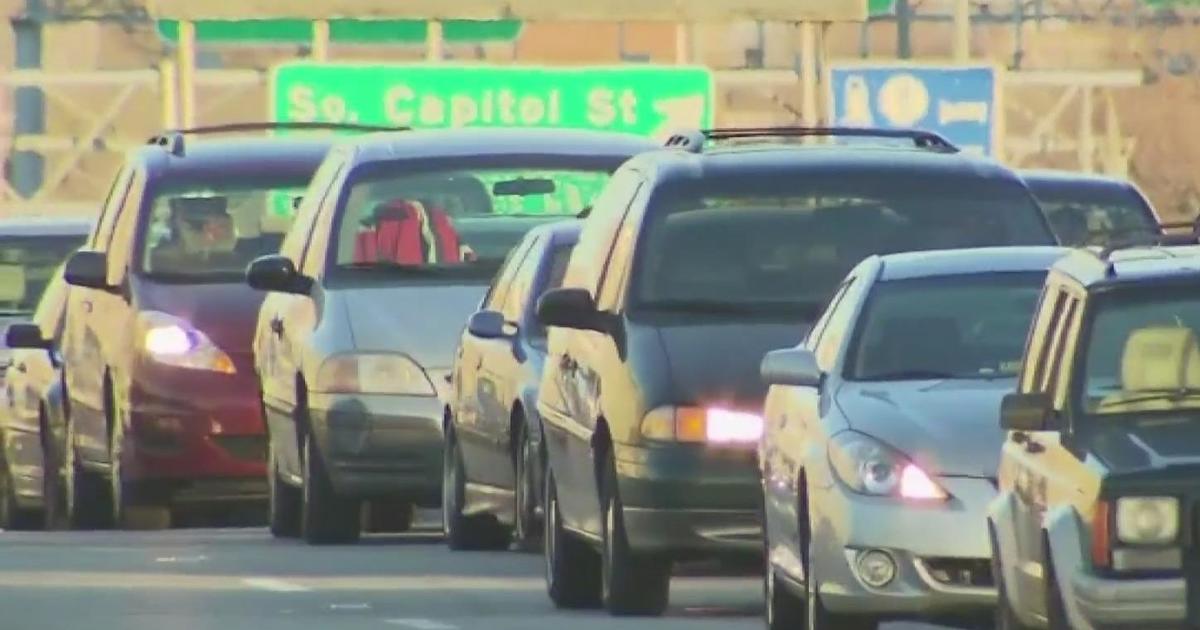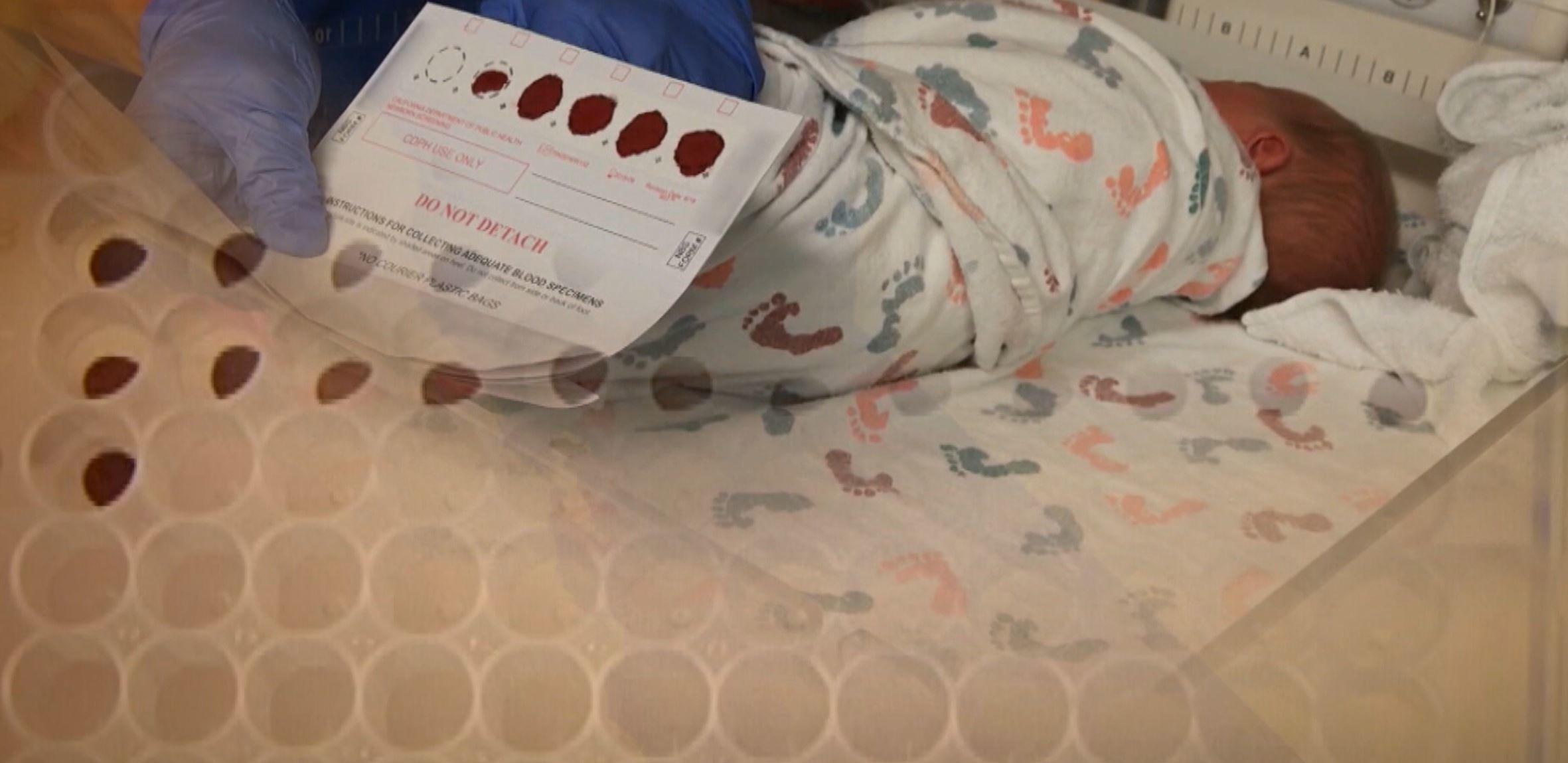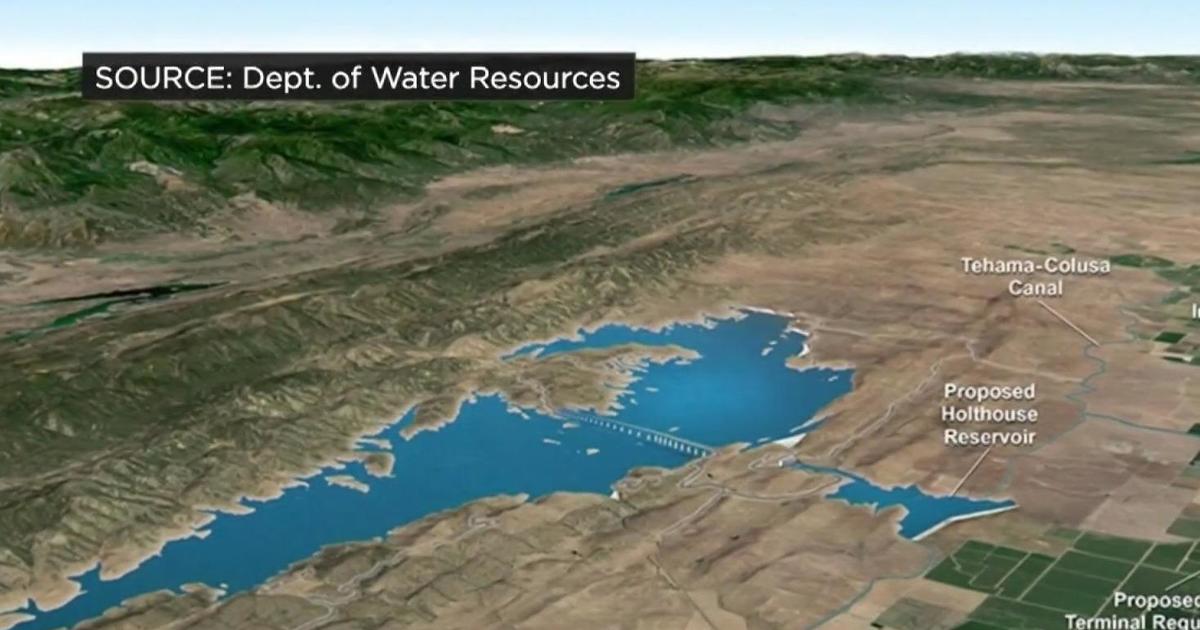California Issues Largest Campaign-Reporting Fine
SACRAMENTO, Calif. (AP) — In a case seeking to unmask the murky multimillion-dollar trail of money pouring into state and national political campaigns, California's political watchdog agency on Thursday announced the largest fine in its history for campaign reporting violations and ordered two political action committees to pay the state $15 million for failing to properly report the source of funds spent in the 2012 election.
Teams of attorneys and researchers from two state agencies spent a year tracing the money used to oppose one California ballot initiative and support another, illustrating how difficult it has become to track the flow of political money. The groups that helped funnel the money were in numerous states, including Arizona, Iowa and Virginia.
The California Fair Political Practices Commission called the two groups that will pay the $1 million fine "part of the 'Koch Brothers Network' of dark money political nonprofit corporations." The reference is to billionaire brothers Charles and David H. Koch, who have given millions to conservative causes across the country.
Donors were given the choice of directly contributing to the ballot measure campaigns or giving money to an Arizona-based nonprofit that would not disclose their names, allowing them to avoid retribution from unions, according to documents released as part of the investigation.
"Almost $29 million was given by donors who chose not to stand up for their political views but instead wanted to influence elections but hide from public view," said Ann Ravel, chairwoman of the FPPC.
The $15 million in payments ordered to California's general fund stem from separate out-of-state contributions last fall that drew scrutiny from state regulators:
— $11 million that the Laguna Niguel-based Small Business Action Committee received from the Phoenix-based Americans for Responsible Leadership, which received the money from another Phoenix-based nonprofit, the Koch-backed Center to Protect Patient Rights. That group did not report the contribution.
— $4 million that went to the Iowa-based California Future Fund for Free Markets Yes on Proposition 32 through the American Future Fund, which received the money from the Center to Protect Patient Rights. That money also was not reported to the state.
As part of the settlement, to be filed in Sacramento County Superior Court, ARL and the CPPL each agreed to pay a $500,000 fine.
Kirk Adams, a former Arizona lawmaker who is president of ARL, called the fine a vindication for his group after California's top Democratic officials last year made "outlandish claims of money laundering, criminal violations."
"The civil settlement with the FPPC has been reduced to an inadvertent violation that was made in good faith," he said.
The state's investigation began with the $11 million contribution last fall to a California group that was fighting Gov. Jerry Brown's November ballot initiative to raise taxes and supporting another one to limit the power of unions. Voters ultimately approved Brown's tax increase and rejected the limits on unions.
Just days before the election, the Fair Political Practices Commission and state Attorney General Kamala Harris sued Americans for Responsible Leadership, which had no history of political activity in California, to force it to disclose the donors, as required by California law.
The case went to the state Supreme Court just days before the election and one day before the election, the group disclosed it received the $11 million from a group called Americans for Job Security through an intermediary, the Center to Protect Patient Rights. Both are out-of-state, federally registered nonprofits.
Brown, a Democrat who appointed Ravel as chairwoman, said the settlement shows that major loopholes remain in campaign finance reporting laws.
"Secrecy and money don't mix well in a democracy," he said in a statement.
The Center to Protect Patient Rights said the state recognized as part of the settlement that the nonprofit did not intend to conceal any information from the public but that it erred "largely because it had never previously made any contributions" in California.
Although fundraiser Tony Russo says in an interview transcript released Thursday that he met with a consultant for the Koch brothers to help plan the campaign and that donors "liked the Koch model" of influencing elections through issue advocacy, Koch Companies Public Sector, which is owned by the Koch brothers, denied involvement in the Proposition 32 campaign in a statement.
"We did not support, either directly or indirectly, this ballot initiative, which would have restricted public and private sector employees' rights to contribute to candidates," the statement said.
The state watchdog agency said the two groups that received the money and led the campaigns in California are required to make their respective $11 million and $4 million payments to the state general fund.
But Steve Churchwell, an attorney for the Small Business Action Committee, said the group has no intention of paying the $11 million because the law applies only to candidate elections and not ballot initiatives. He said his group has not been found to have violated any campaign finance laws.
The California Future Fund has been disbanded since the election. A message left with its associate, American Future Fund, was not returned Thursday.
Barbara Smeltzer, one of two people named in the commission's letter as responsible for paying $4 million, said she knew nothing about the investigation or the demand.
Smeltzer, who is active in Republican politics from her home in Dubuque, Iowa, is listed as assistant treasurer of California Future Fund, but said she had never heard of CFF and never wrote or accepted checks.
Asked why her name surfaced in connection with the case, she said, "I have no clue whatsoever."
Copyright 2013 The Associated Press. All rights reserved. This material may not be published, broadcast, rewritten or redistributed.



